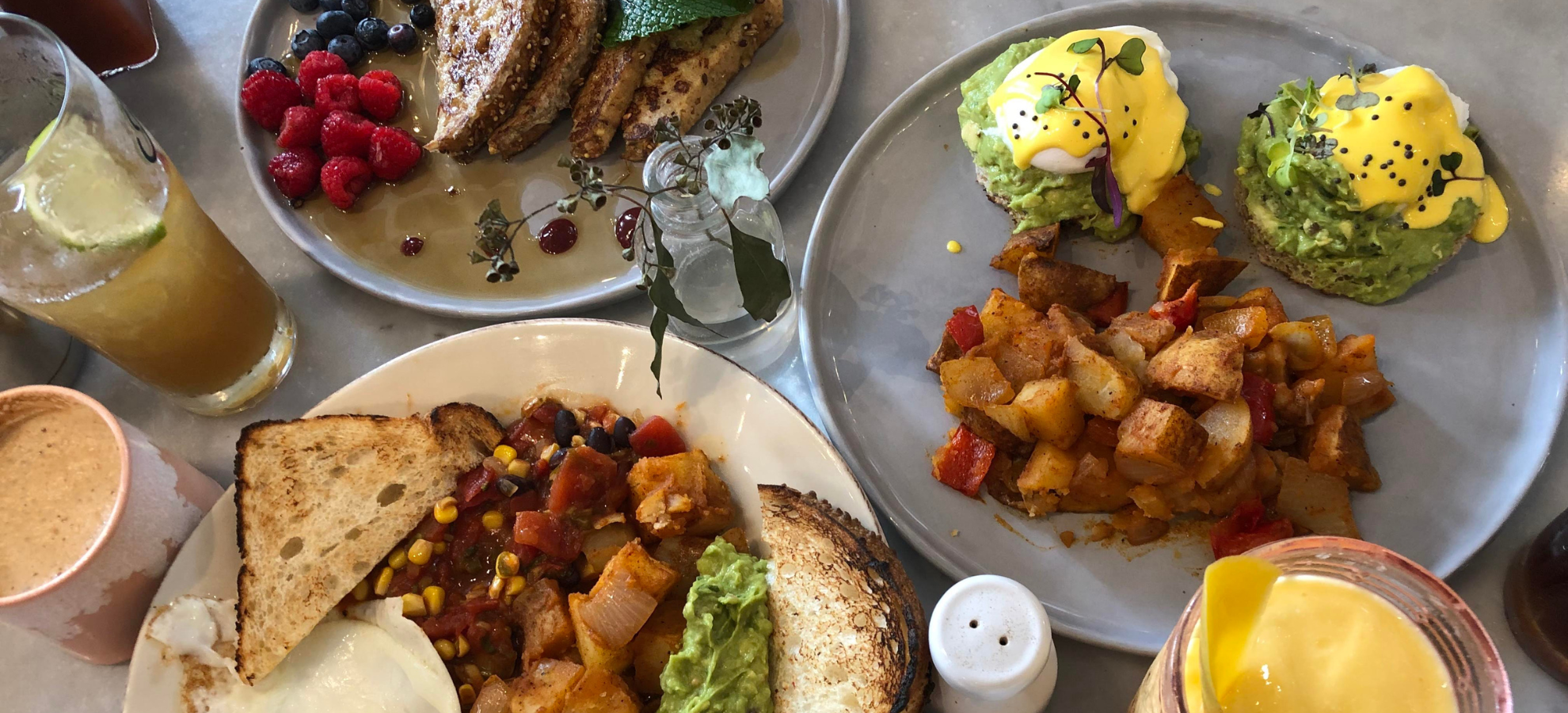Should I Use Artificial Sweeteners?
by Emma Ware
Continued from last month. Click here to read Part 1.
Do we know what the ingredients of artificial sweeteners are?
A report by Dr. Edward Group, founder of Global Healing Center based in Houston, TX written September 30, 2013, gives us a clear definition of aspartame.
He writes: “The chemical aspartame is made from the waste product of E. coli bacteria. To be blunt, it’s made from bacteria poop. As if thats not bad enough, the poop is then benzylated and hydrolyzed and the result of that process is then methylated and debenzylated.”
He continues, “Are your eyes crossed from trying to make sense of that?”
Here is more to digest. The patent for aspartame reveals that the E. coli bacteria are genetically manipulated, but the manufacturer claims that there are no GMO molecules in aspartame. They are saying that genetically modified bacteria produce normal poop. That’s a little much for me.
For me, this is the decision maker: for all who believe artificial sweeteners are safe and prefer them over real honest, safe sugar— artificial sweeteners actually make you hungry.
The science isn’t clear on the exact mechanism that causes this, but research suggests that when you eat or drink foods that contain aspartame, you will have a hard time controlling your appetite. That’s a strange kind of diet food.
Here is the clincher. Aspartame itself doesn’t move through your digestive tract. It’s quickly broken down into orate substances which enter the blood stream. These substances are metabolized further; one of those is formaldehyde— which is used to embalm dead bodies.
Another way aspartame and other non-nutritive sweeteners may affect body weight is by increasing people’s appetite, which may lead to a higher food consumption.
A 2013 review published in Trends in Endocrinology and Metabolism cites several animal studies that report a link between regular intake of non-nutritive sweeteners and increased food intake.
The review suggests that sweeteners may increase appetite by disrupting the signaling process that usually occurs when a person eats foods with more calories.
Sweet tastes typically signal to the body that food is entering the gut. The body then expects to receive calories and signals when eating should stop by making a person feel full or satiated when they do.
A person experiences the same sweet taste when they consume sweeteners, but the body receives fewer calories than it might otherwise expect to. If this happens regularly, according to the theory, the body unlearns the association between sweet tastes and calories. This reversal means that high-calorie foods will no longer trigger feelings of fullness. This may lead to overeating.
If all this information has created a monster to cause anxiety over choosing how to sweeten your foods, then I’ve made my thoughts known. Do your research, eat real foods, read labels and choose wisely.
Always check with your doctor before making any changes to your health routine. I’d love to hear from you on this controversial issue.
Call me at the office at 843 997-0067 or stop by the office at 2798-D Howard Ave in Market Common.
Blessings,
Emma

















